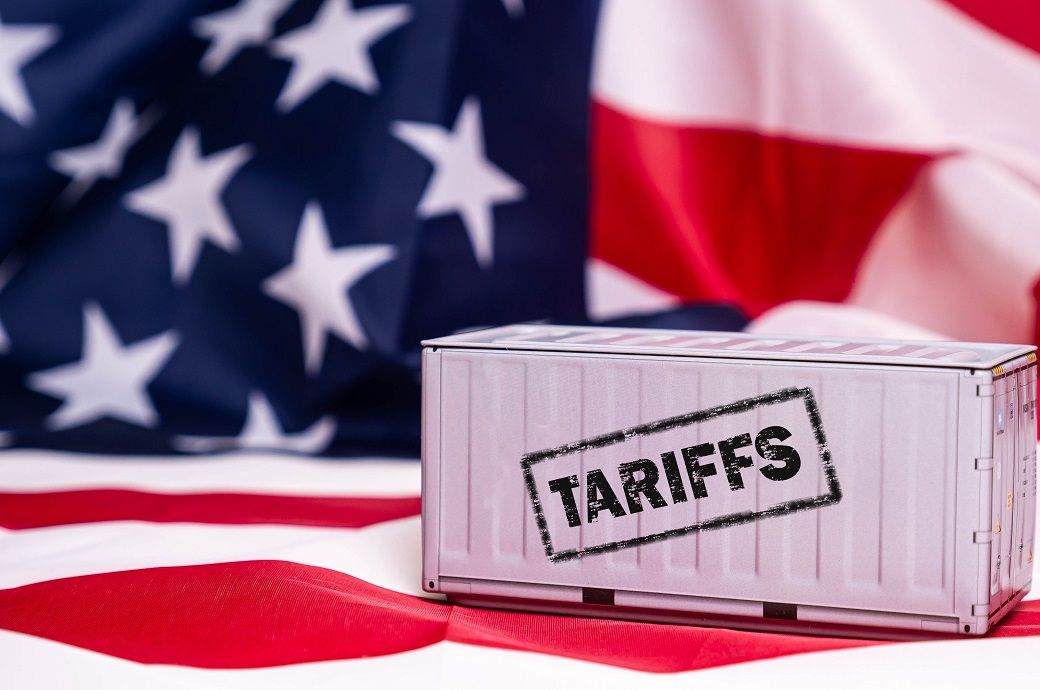
President Donald Trump has extended key US tariff measures to August 1, 2025, with new reciprocal rates ranging from 25 to 40 per cent on imports from countries including Japan, Korea, and Bangladesh. The move aims to address the US trade deficit and will impact the chemical sector by increasing input costs and triggering sourcing shifts.
US tariff extension to reshape chemical sector supply chains
In a significant development aimed at rebalancing US trade relationships, President Donald J Trump has signed an executive order to extend key tariff measures initially set to expire on July 9, with a new expiry date of August 1, 2025.
Accompanied by formal notifications to various trade partners, this move introduces revised reciprocal tariff rates on a range of imports, marking a renewed push to address the longstanding US goods trade deficit. Tariff rates range from 25 per cent to 40 per cent.
Countries and applicable tariff rates:
Impact on chemical sector
This policy shift underscores a broader trend of trade-driven restructuring in the chemical value chain, prompting firms to re-evaluate global sourcing models and prioritise supply resilience over cost alone.
ALCHEMPro News Desk (VK)
Receive daily prices and market insights straight to your inbox. Subscribe to AlchemPro Weekly!